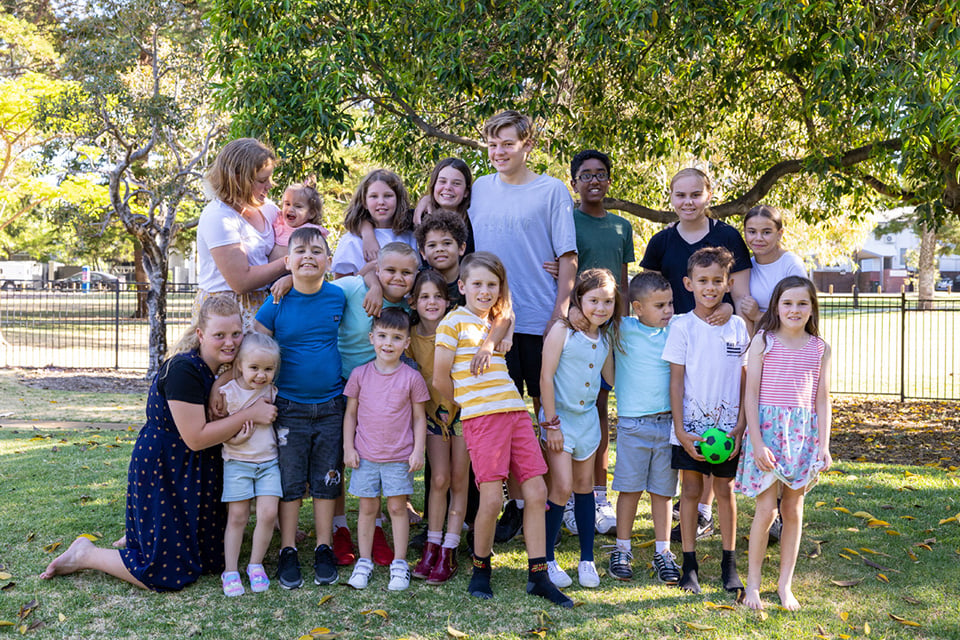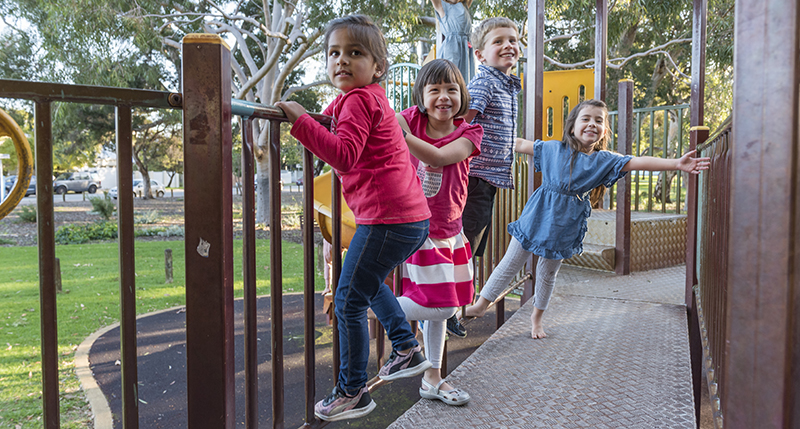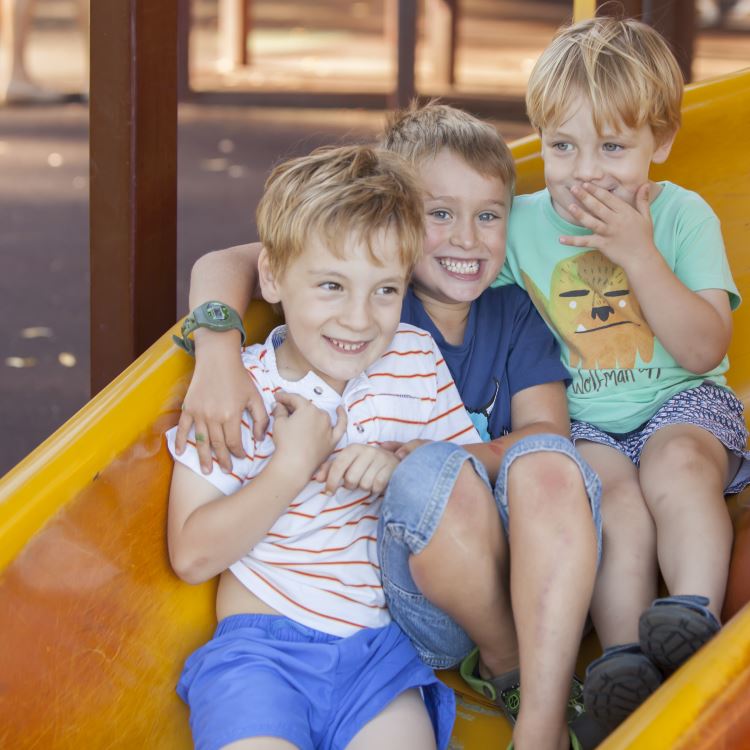Search
Research
Wellbeing and Engagement Collection (WEC) in the South Australian school systemThe aim of the WEC is to help teachers, school leaders and policy makers better understand and support the wellbeing and engagement of their students.
Research
Evaluating the effectiveness of the Play Active policy intervention and implementation support in early childhood education and care: a pragmatic cluster randomised trial protocolDaily physical activity is critical during the early years of life for facilitating children's health and development. A large proportion of preschool children do not achieve the recommended 3 h of daily physical activity. Early childhood education and care (ECEC) services are a key setting to intervene to increase physical activity. There is a significant need for ECEC specific physical activity policy, including clearer guidelines on the amount of physical activity children should do during care, and strategies for implementation of these guidelines.
Research
The Development and Feasibility of a Manualised Therapeutic Playgroup for Children with Developmental DelayPlaygroups are widely used throughout the Australian community yet understanding of their efficacy is hindered by inconsistent playgroup definitions and practice principles. This study aimed to develop, implement and evaluate the feasibility of a manualised therapeutic playgroup for children with developmental delay and their families using a three step process.
Research
Traffic exposure, air pollution and children's physical activity at early childhood education and careA significant number of children attend Early Childhood Education and Care (ECEC). ECEC is an important environment and behaviour setting for young children. Time spent outdoors is positively associated with children's physical activity levels, yet increased time spent physically active outdoors may expose young children to traffic-related air pollution, particularly in ECEC centres located in high traffic areas.

The Human Development and Community Wellbeing (HDCW) Team focuses on improving outcomes for children, family, and the community.

News & Events
Top reasons why you should consider joining a playgroupWe have all heard of the phrase ‘it takes a village to raise a child’ but unfortunately in contemporary western society that ‘village’ can be hard to find.
Research
Study protocol for Healthy Conversations @ Playgroup: a multi-site cluster randomized controlled trial of an intervention to promote healthy lifestyle behaviours in young children attending community playgroupsEarly childhood is a critical window for preventing obesity and chronic disease. Yet, 1 in 4 Australian children aged 5 years and under are affected by overweight or obesity; and significant proportions of children under 5 years fail to meet guidelines for diet quality, physical activity (PA), screen time, and sleep.
Research
The association between playgroup participation, learning competence and social-emotional wellbeing for children aged four-five years in AustraliaThis study provides evidence that continued participation in playgroups is associated with better outcomes for children from disadvantaged families.

News & Events
Kids who attend playgroup do better at schoolNew research by The Kids Research Institute Australia has found children who attend playgroups achieve better early primary school outcomes.
Research
Wellbeing and academic achievement paperIn this report, we explore the relationship between student wellbeing, school engagement, and academic achievement.
